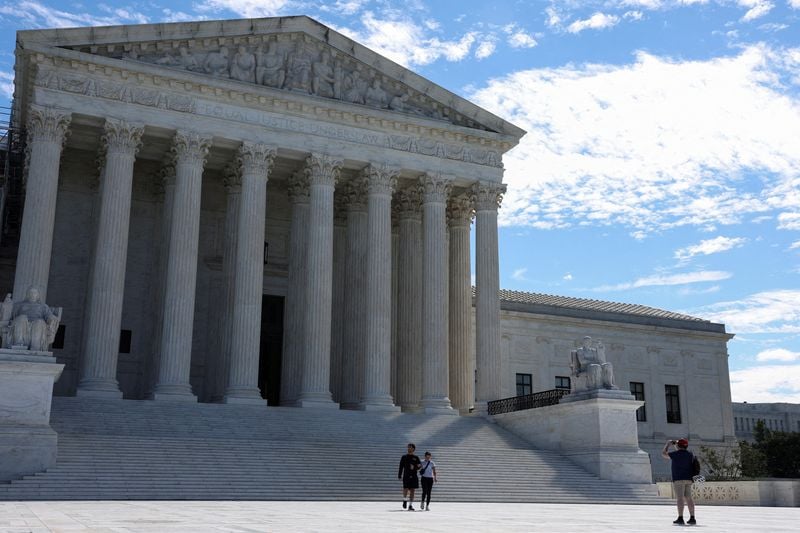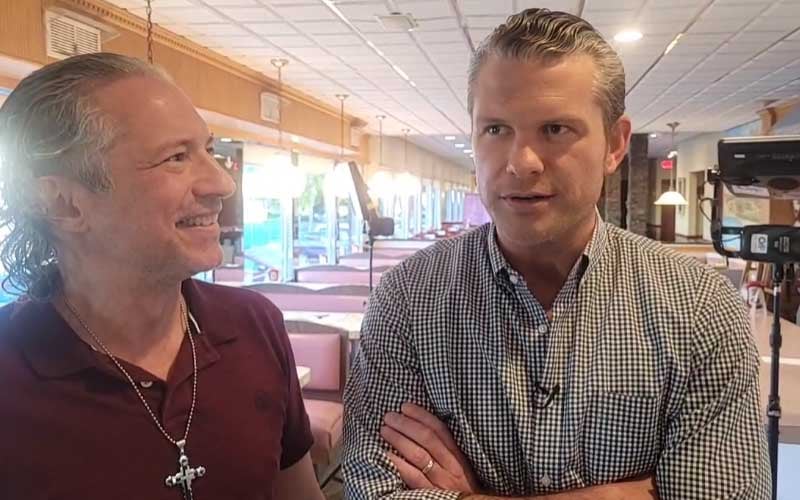On Friday, the U.S. Supreme Court declared that it would examine whether the Federal Communications Commission’s (FCC) oversight of the $9 billion Universal Service Fund, which funds internet and phone services for underprivileged communities, is constitutional. The question in the lawsuit is whether Congress gave the FCC the wrong amount of revenue-raising power under the 1996 Telecommunications Act.
Important points:
- The Universal Service Fund, funded by telecommunications carriers, subsidizes internet and phone services for rural areas, low-income Americans, tribal lands, and schools and libraries.
- A conservative group sued, arguing that Congress s delegation of authority to the FCC and the transfer of responsibilities to a private nonprofit violated the Constitution s nondelegation doctrine.
- Industry groups representing major telecom firms like AT&T, Verizon, and T-Mobile warned that upholding the lower court s ruling could jeopardize critical communication programs across the country.

On Friday, the U.S. Supreme Court agreed to examine the legality of a Federal Communications Commission (FCC)-managed fund intended to enhance phone and internet services.
According to Reuters, the court’s review addresses claims that Congress gave this independent organization an inappropriate amount of authority. The FCC is appealing a lower court’s ruling that such delegation is unlawful, together with a coalition of interest groups and telecom businesses.
According to Reuters, the Supreme Court is scheduled to hear the case and render a ruling by the end of June. The FCC oversees the Universal Service Fund, which was created under the 1996 Telecommunications Act and distributes about $9 billion a year.
The fund is strengthened by contributions from all telecom providers. According to the site, the money will help schools and libraries, subsidize low-income Americans, assist telecommunications in Native American tribal territory, and extend services to underserved rural communities. When the conservative organization Consumers Research and others filed a lawsuit against the FCC and the US government, controversy ensued. They contended that it was unconstitutional for Congress to give the FCC authority over revenue-raising.
According to the site, they also opposed the FCC’s choice to hand over administrative duties to a private nonprofit organization called the Universal Service Administrative Company. The nondelegation theory, which states that Congress cannot transfer its legislative authority to other entities, is at the center of this legal dispute.
Three significant industry groups have approved the Supreme Court’s decision to revisit the 5th U.S. Circuit Court of Appeals ruling, which declared the funding approach unconstitutional, despite divergent views in federal appellate courts regarding the delegation’s legality, according to Reuters. These organizations, which speak for large telecom companies like AT&T, Verizon, and T-Mobile, stated that it is imperative to reverse the lower court’s ruling in order to keep advancing vital communication services throughout different American areas.
The group warned that it could jeopardize universal service programs that have been promoting the availability and affordability of essential communications services for millions of low-income and rural consumers, as well as for rural health care facilities, schools, and libraries nationwide for many decades, according to Reuters.
(Media Credit for the Featured Image: Screen Capture/U.S. Supreme Court)
Any reputable news publisher with a sizable audience can have all of the content produced by the Daily Caller News Foundation, an independent and nonpartisan newswire service, for free. Our logo, the byline of the reporter, and their DCNF affiliation must be included in all reposted pieces. If you have any inquiries concerning our policies or collaborating with us, please get in touch with [email protected].
Any reputable news publisher with a sizable audience can have all of the content produced by the Daily Caller News Foundation, an independent and nonpartisan newswire service, for free. Our logo, the byline of the reporter, and their DCNF affiliation must be included in all reposted pieces. If you have any inquiries concerning our policies or collaborating with us, please get in touch with [email protected].
Note: Every piece of content is rigorously reviewed by our team of experienced writers and editors to ensure its accuracy. Our writers use credible sources and adhere to strict fact-checking protocols to verify all claims and data before publication. If an error is identified, we promptly correct it and strive for transparency in all updates, feel free to reach out to us via email. We appreciate your trust and support!




